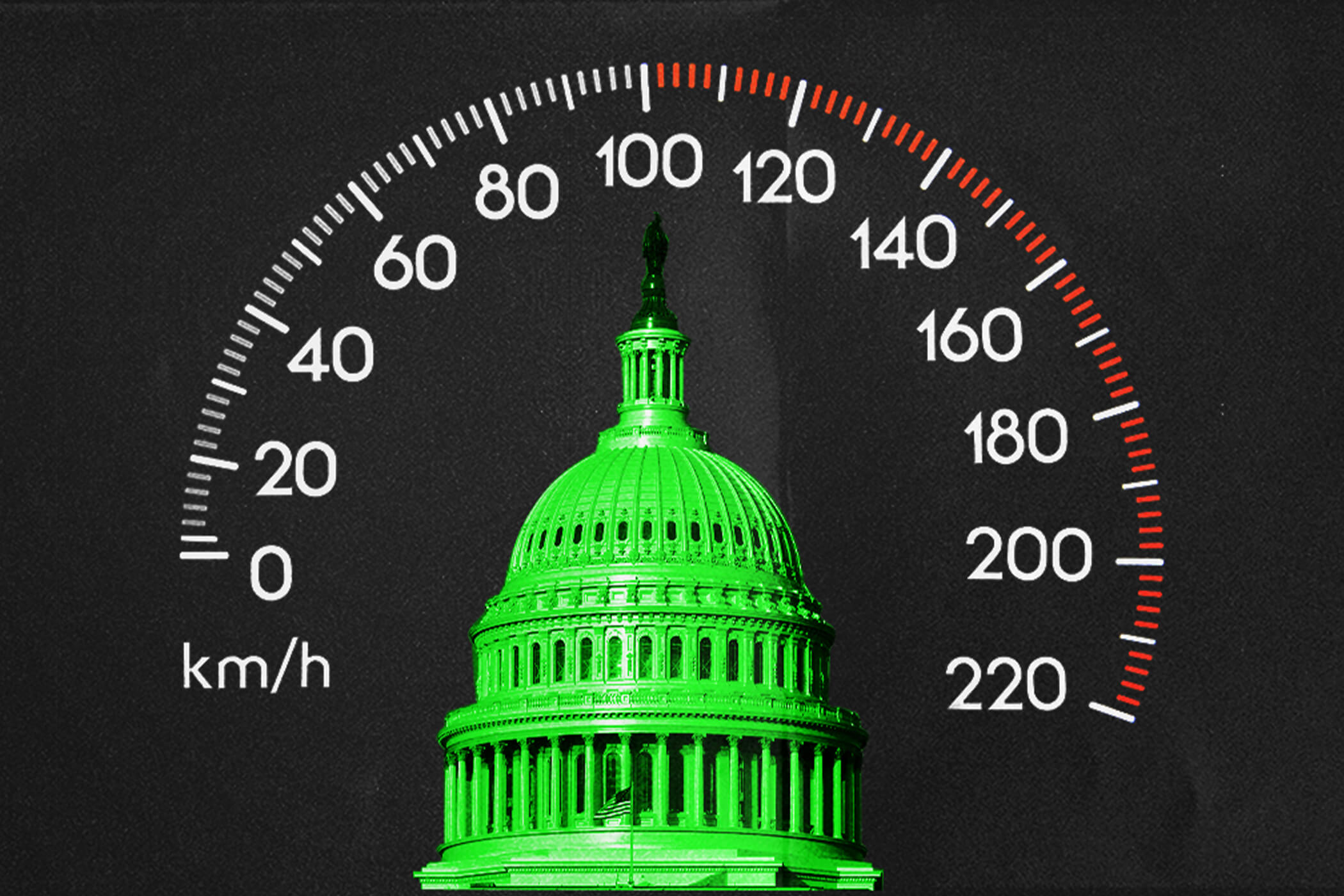Why the government needs to speed up our energy transition
Harder Line
The world is embarking on something it’s never done before: swapping one type of energy for another.
Yes, the world’s energy mix has evolved over time. To summarize almost 200 years of the developed world’s energy history in 20 words: Wood came first, and then coal was king, and now oil and natural gas are dominating energy consumption today.
“But those were all additions in time of great demand growth,” said Ernest Moniz, former energy secretary under President Obama who leads a nonprofit called the Energy Futures Initiative. “Now we’re talking about a displacement, and that’s a lot tougher transition.”
Earlier transitions happened over the course of 50 years or more. Today, we’re up against an unwavering clock, one that moves too slowly for politics but too fast for our ingrained energy system: a warming planet.
To ward off the most catastrophic impacts of climate change, scientists agree the world needs to drastically reduce greenhouse gas emissions from 51 billion tons a year today to essentially zero by 2050.
Instead, we’re running in the opposite direction. Emissions rose to a record high last year, thanks to the economy rebounding around the pandemic.
The recently enacted $1.2 trillion infrastructure law directed some $115 billion into climate change and clean energy programs, surpassing what was at the time the record-breaking amount of $90 billion in the 2009 Recovery Act.
That was more than a decade ago, and climate change is a cumulative problem. The longer we wait to address it, the bigger the problem becomes.
The House-passed Build Back Better Act (BBB) would pour an unprecedented $550 billion into this area, largely creating or expanding tax credits to spur more clean energy technology development.
Some lawmakers, including Sen. Joe Manchin (D-W.Va.), whose vote is critical for passage of any major bill, supported the infrastructure law but not the BBB as the House passed it. Manchin has at times expressed support for many of the climate provisions—suggesting those could pass on their own—but he’s also demurred about speeding up the transition.
“The energy transition my colleagues seek is already well underway in the United States of America,” Manchin said in a statement in mid-December when expressing his opposition to the $1.7 trillion measure.
Yes, the transition is underway, thanks to a mix of public and private market actions over the past couple of decades. But it’s not moving fast enough for our warming planet—or to keep America competitive with other countries on new technologies.
“When the U.S. doesn’t lead, it’s not that the world doesn’t move forward, it’s just that other countries lead,” said Rep. Sean Casten (D-Ill.), whose career includes 30 years in the clean energy industry.
The $320 billion worth of tax credits on everything from renewable electricity to carbon-capture technologies in the House-passed BBB are essential to speed up the transition, Moniz says.
The deployment of clean energy has got to be made much more investable. The tax credits provide incentives for private capital to come in. For this decade, those incentives are huge. Eventually, we’ll need something like a carbon price
A price on carbon emissions would help counteract the subsidies fossil fuels have been receiving for decades, but Congress hasn’t supported either a carbon price or removing subsidies.
“Those subsidies are hard to repeal because so many of my colleagues represent people who depend on those subsidies,” Casten said. “But the minute you build a clean energy industry, you are also building a new constituency.”
It remains uncertain whether Congress will pass a slimmed-down policy with the $320 billion worth of tax credits, but the politics backing climate policy are intensifying.
Citing extreme weather, nearly two dozen House Democrats gearing up for tight reelection races in the fall sent a letter Monday to President Biden urging him to prioritize passing the climate provisions from the BBB.
“As the deadly and devastating consequences of the climate crisis made clear throughout 2021, the time for transformational climate action is right now,” states the letter, organized by Rep. Mike Levin (D-Calif.).